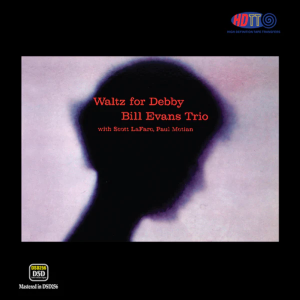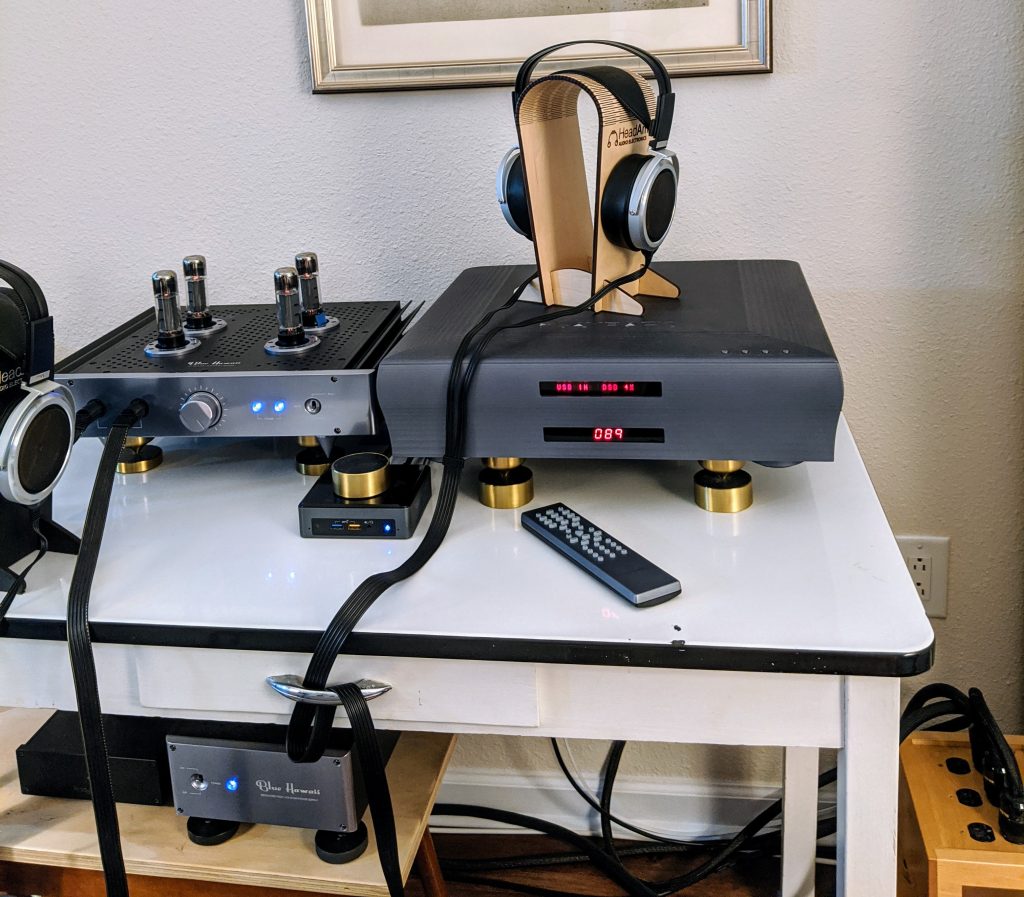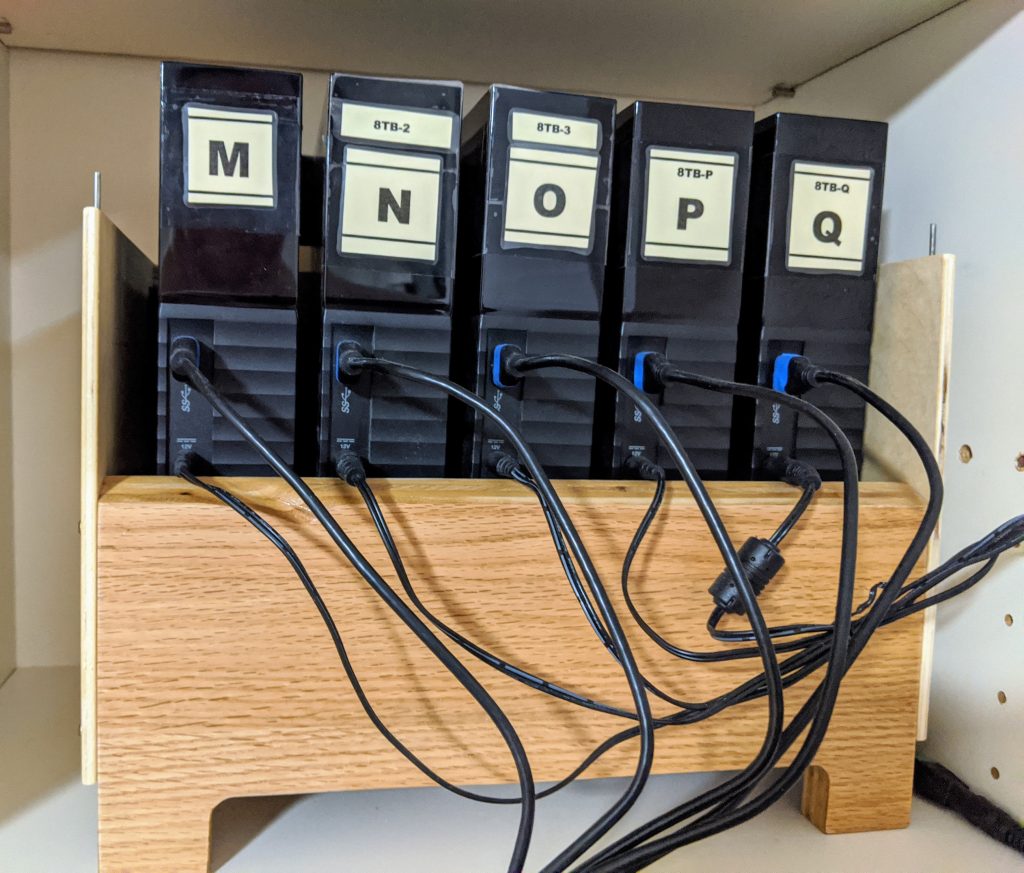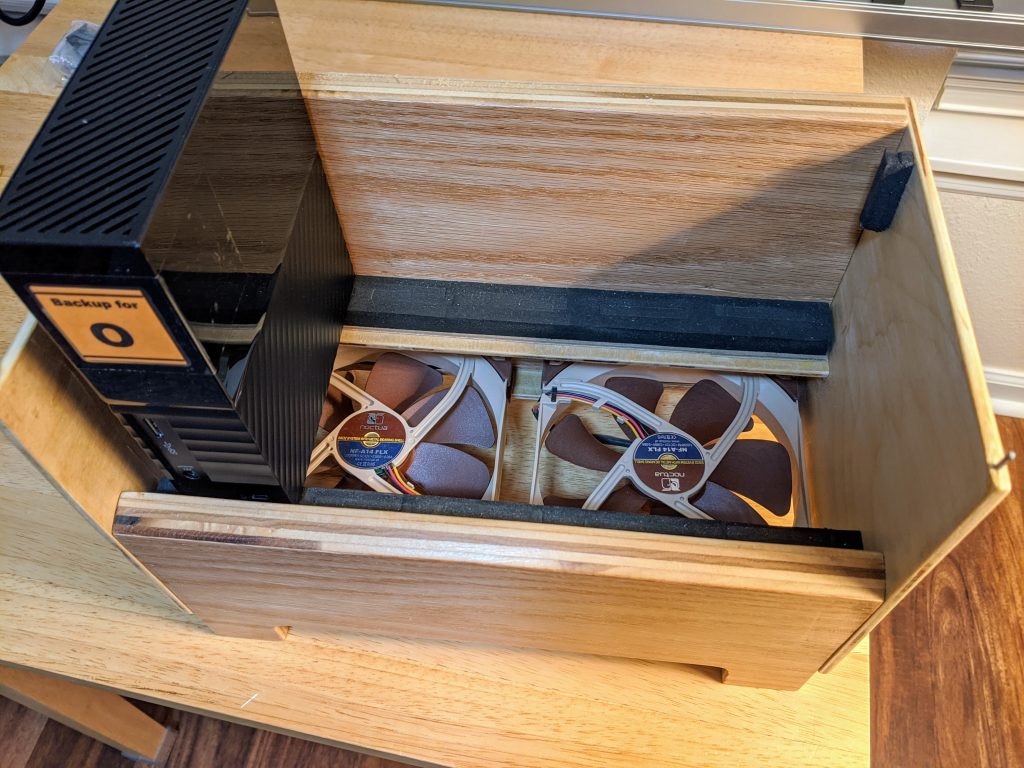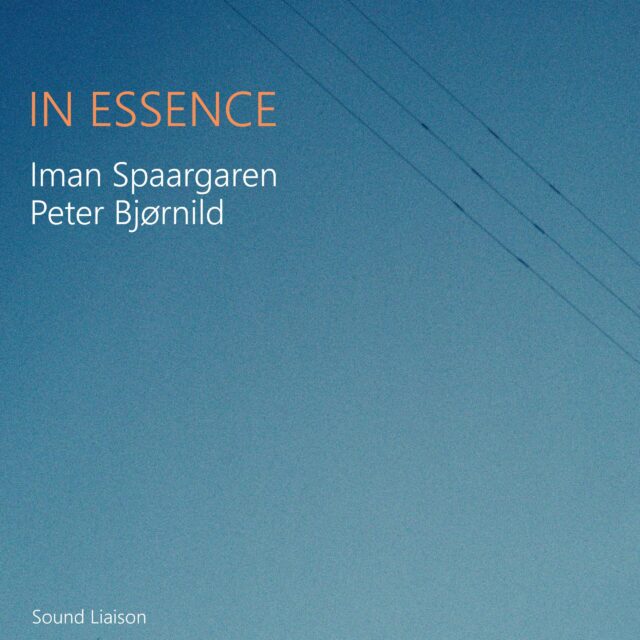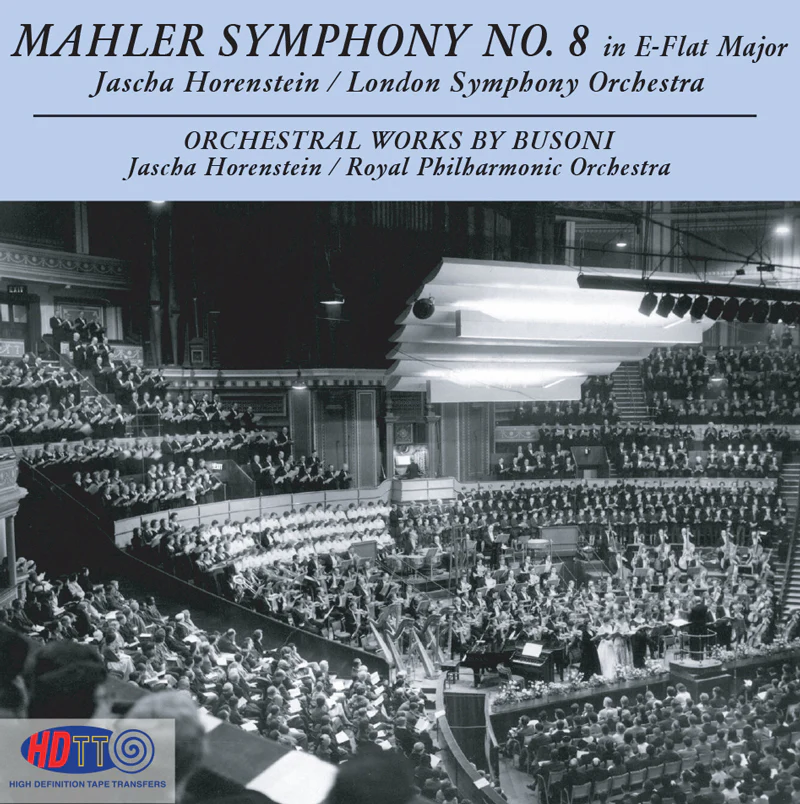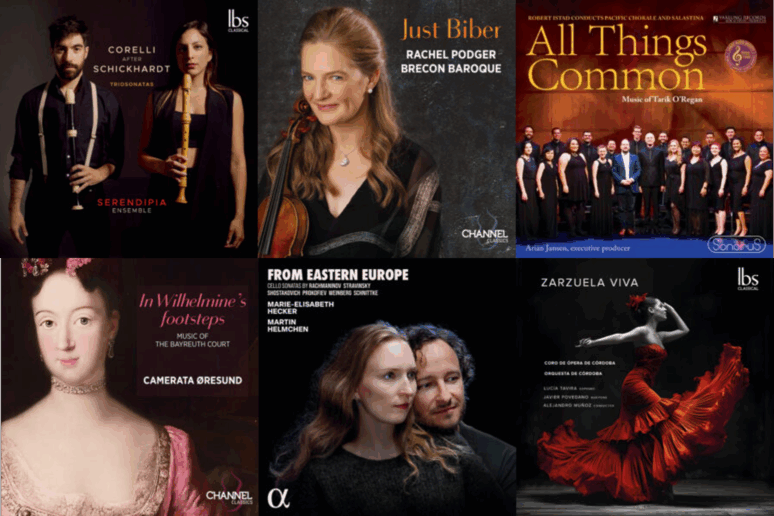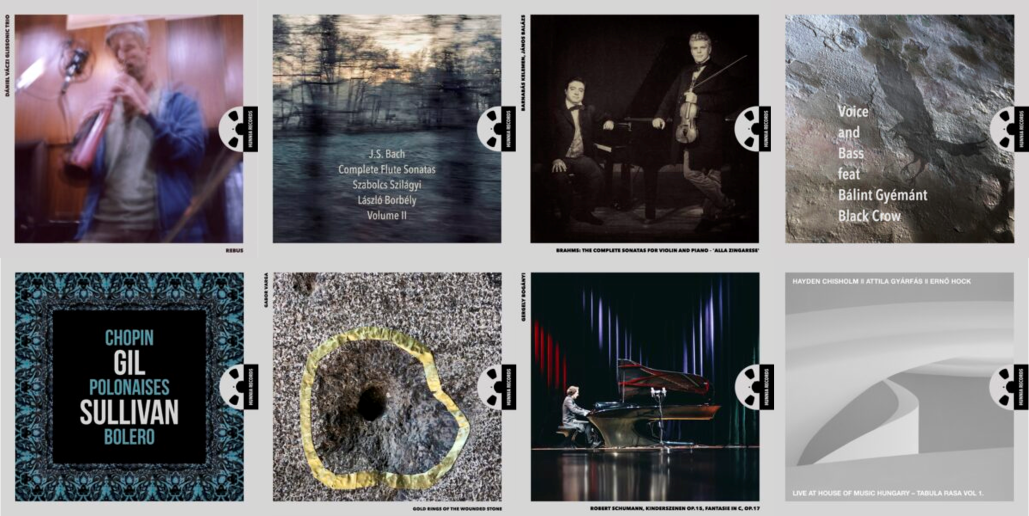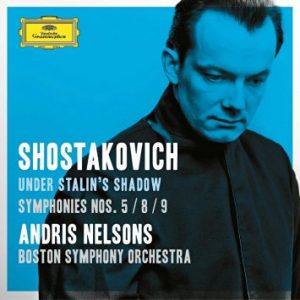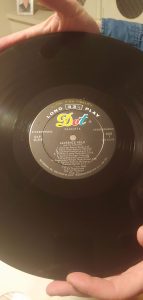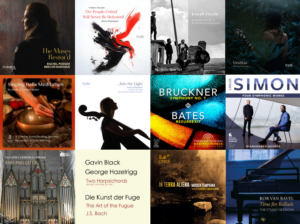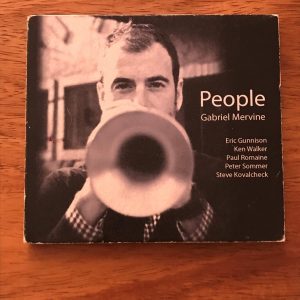Waltz for Debby is one of the great jazz albums. And we've had a lot of reissues. But, none of the digital reissues match the sound of this terrific Pure DSD256 release from HDTT. If this is one of your favorite albums, as it is mine, you should run, not walk, to get this new release. It is knock-it-out-of-the-park great!
Bill Evans Trio, Waltz for Debby. HDTT 1961, 2022 (Pure DSD256) HERE
Once upon a time, I had the Analogue Productions 45rpm vinyl reissue of this album, and I loved it. It was superb: highly resolving, airy extended top-end, transparent, beautiful timbral accuracy. And I'm sure that is still the case, if you could find a copy of it. It is long out of print at Analogue Productions, and a used copy last sold on Discogs for $269.98 in January 2022 with none listed for sale as I write this. But, I'm here to talk with you about digital releases of this album.
When I made my downsizing transition and had to give up my vinyl (read about that HERE), I searched and searched for a digital reissue that might come close. So, I have many alternative digital reissues. But none matched my aural memories of that beautiful double slab of 45rpm AP vinyl.
To my ears and on my system, the HDTracks 24/192 is surprisingly good, but overall it has always sounded somewhat closed-in with less air and frequency extension than I thought could be delivered. The Original Jazz Classics CD and standard CD reissues are just not competitive sonically.
The Analogue Production SACD DSD64 layer sounds more natural than the HDTracks, with more high-end purity. By comparison, it captures more of the sound I've hoped to find once again. But it ultimately lacks resolution of the harmonic overtones of the instruments that I know is in the recording. It also lacks some degree of transparency. It is a transfer from the analog master which AP had when cutting it's vinyl releases, but… I can only tell you what I hear.
All of the various digital iterations I have added to my music library over the past several years have left me wanting more of the air, frequency extension, and timbral definition that I know is available from this recording. So I've continued to look and to hope.
And now, like a light through the clouds, comes this HDTT Pure DSD256 release. I'm in love. By comparison, it simply has "more there there." It has the frequency extension, the air, the transparency, the resolution of harmonic overtones in the instruments that I've been hoping to find once again. Since this is a Pure DSD256 transfer, HDTT must have had a very good quality tape—one requiring no PCM post processing. It's just a straight Pure DSD transfer from the tape.
In this HDTT DSD256 release, I've found what is now my best and most satisfying digital version of this album. More importantly, while I can no longer compare to that lovely 45rpm vinyl, I no longer care. This HDTT Pure DSD256 release captures all of the instrumental harmonic overtones, naturalness, transparency, detail, air, and extended top end that I was seeking.
This is simply a great release in terrific sound, and I'm very much a happy camper. Highly recommended!
LP cover back side, image courtesy of Discogs.
For those of you who may not be familiar with this album, stay with me for a few more words…
This is the second of two Riverside albums made up of selections recorded by the classic Bill Evans, Scott LaFaro and Paul Motian trio at their legendary live recording session of June 25, 1961. Although originally issued a half-year later than Sunday At The Village Vanguard, this was by no means an afterthought collection of lesser items: Evans and producer Orrin Keepnews immediately recognized that there was more than enough material for two top-level records. The dozen chosen performances were subdivided to enable the first album released to feature LaFaro—who died in an auto accident just ten days after recording. Thus this second collection can fairly be said to present a more typical overview of this remarkable unit at work.
Recorded in 1961.
Bill Evans, piano
Scott LaFaro, bass
Paul Motian, drums
This complement of players is the classic Bill Evans Trio. Together they made Everybody Digs Bill Evans (released 1959), Portrait in Jazz (released 1960), Explorations (released 1961), Sunday At The Village Vanguard (released 1961), and Waltz for Debby (released 1962). These are all albums that continue to be revered among the top albums from the Post Bop era.
Bill Evans was devastated by Scott LaFaro's death in 1961. LaFaro was just 25, but he had already built a reputation for innovative bass playing combined with virtuoso technique. His particular skills were captured in all their glory at the Vanguard. The two albums released by Riverside Records from that fabled performance, Sunday at the Village Vanguard and Waltz for Debby, have long stood as his epitaph. According to Paul Motian, the death of LaFaro left Bill Evans "numb with grief," "in a state of shock," and "like a ghost."
These live Village Vanguard recording sessions are simply phenomenal jazz, whether you approach them as a tribute to LaFaro or approach them simply for their musical excellence (as I do).
William John Evans (August 16, 1929 – September 15, 1980) was an American jazz pianist and composer who mostly worked as the leader of a trio. His use of impressionist harmony, interpretation of traditional jazz repertoire, block chords, and trademark rhythmically independent, "singing" melodic lines continues to influence jazz pianists today. (Wikipedia)
He was the pianist on Miles Davis' Kind of Blue album for all but one track. When he left the Miles Davis Sextet in 1959, he formed his own trio as leader with LaFaro and Motian, a group now regarded as a seminal modern jazz trio.




